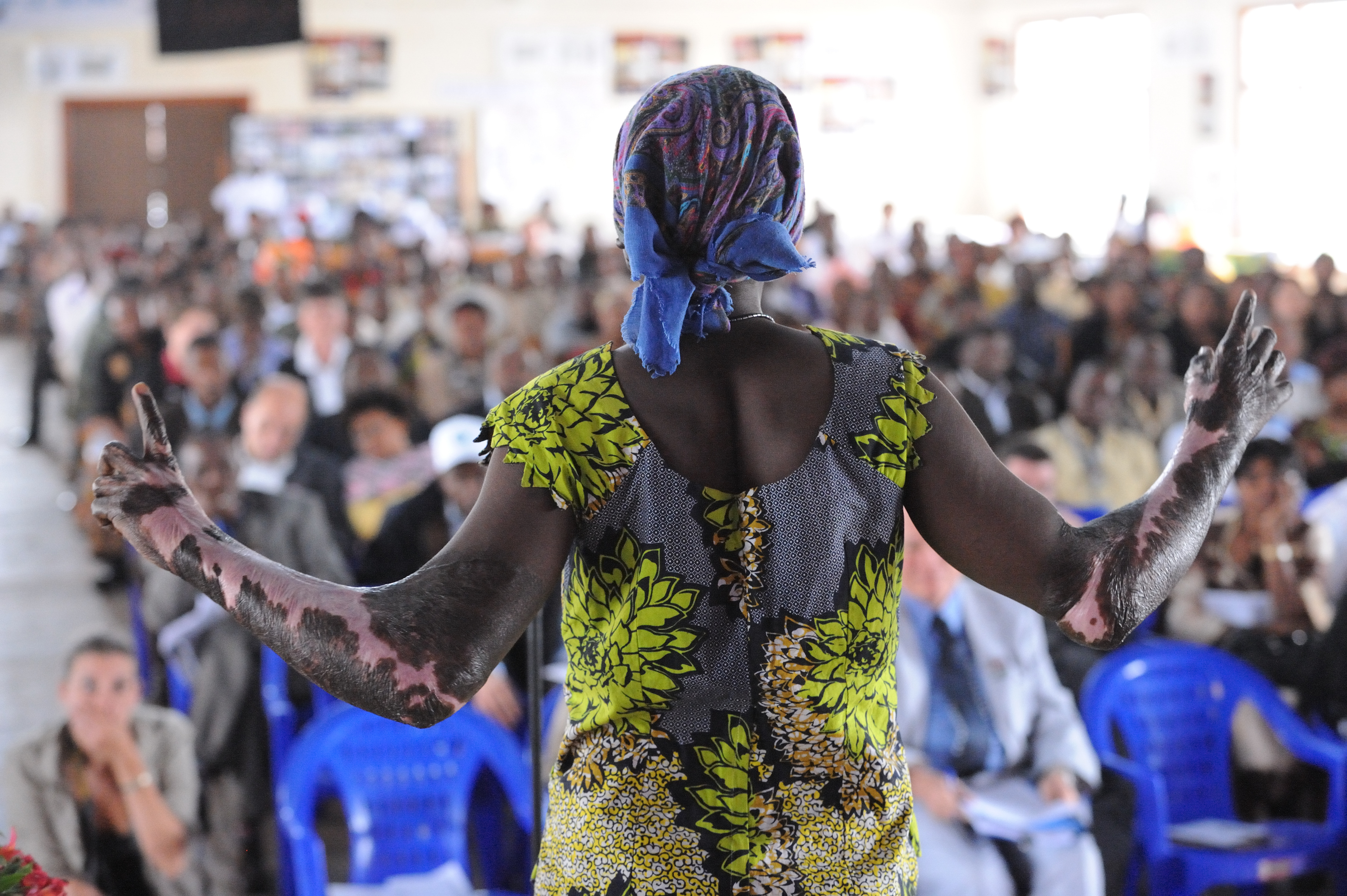Women, and issues surrounding their rights and security, have received increased attention from governments and international organizations in recent years. United Nations Security Council Resolution 1325 (UNSCR 1325) was unanimously adopted in 2000 which formally acknowledged the disproportionate impact of conflict on women and children and established a framework for improving the condition of women in conflict-ridden countries. NATO has also recognized its responsibility in advancing women’s security by taking concrete steps to implement UNSCR 1325 and by creating the position of Secretary General’s Special Representative for Women, Peace and Security. For its part, the NATO Council of Canada has dedicated an entire program to the issue of women in security and a number of articles have been published on UNSCR 1325, women’s rights in various countries, and the need for improved gender equality in domestic and international political arenas.
Many, if not most, people are supportive of initiatives that address women’s issues on both local and global scales. Women’s rights and women’s security are accurately portrayed as issues of social justice, and moral and ethical reasons for advancing goals in this area are usually provided. What is not always emphasized is the fact that there are also pragmatic reasons to promote women’s rights and women’s security. In fact, neglecting to focus on women can have meaningful security implications that extend beyond moral or ethical failures.
This article presents five empirically grounded and utilitarian reasons why focusing on women just makes good security sense.
#1. Women’s security is an indicator of state peacefulness
In an extensive and multifaceted empirical study, Dr. Valerie M. Hudson and her colleagues concluded that there is a strong correlation between the security of women and the security of a state. Their exhaustive study collected and analysed vast amounts of data on indicators of both women’s security and state peacefulness. They discovered that societies with entrenched norms of violence against women are more likely to engage in violent conflict. The study also found that there is a connection between high levels of political, economic, and social gender equality and lower levels of violence in international crises and disputes.
Their analysis is consistent with theories found in biology, social psychology, and international relations that suggest that societal violence often becomes embedded in the structural and cultural institutions of the state. This in turn influences the international behaviour of the state.
As important as these findings are, correlation must not be confused with causation. Hudson et al. are not suggesting that women’s rights or security alone determine state behaviour. Having said that, their conclusions are significant as they also examined other factors that could explain state peacefulness including democracy, presence of Islam, and national wealth. None of these other factors proved to be a better predictor of state peacefulness than women’s security.
As scholars and policymakers attempt to better understand the drivers of international conflict, it is clear that the in-depth study of women is necessary for a more nuanced understanding of conflict and state relations. As the authors conclude, “the treatment of females within society is a fundamental and powerful explanatory factor that must be considered when examining state security and conflict.”
[captionpix align=”center” theme=”elegant” width=”500″ height =”350″ imgsrc=”http://natoassociation.ca/wp-content/uploads/2013/08/Womens-Physical-Security_2009tif_wmlogo3.png” captiontext=””]
#2. Women are critical for long-term development
The link between female participation in the labour force and economic growth has long been established. As early as 1970, researchers like Ester Boserup recognized that the omission of gender aspects from development programs contributed to their eventual failure. The World Bank has also underscored the importance of women for sustainable development. According to their research, gender equality spurs economic competitiveness and under-investment in women halts poverty reduction and limits further social and economic development.
Women are also crucial to the economic prosperity of developed countries. It has been estimated that if women’s paid employment rates were raised to the same level as men’s, the gross domestic product (GDP) of the United States would be 9 percent higher than it is today. Similarly, the GDPs of the Eurozone and of Japan would be 13 percent and 16 percent higher, respectively.
One of the United Nations Millennium Development Goals is “promote gender equality and empower women”. The most ambitious push toward reducing global poverty has women at the centre of its strategy because the barriers to gender equality that persist in many developing contexts are also barriers to reducing global poverty.
The role of women in the economy is a key aspect of growth that cannot be ignored. Sustained global development is in the best interests of the international community as a whole since, as Radha Patel pointed out in an earlier article, development is a security issue.
Part II of this series will look at the issues of violence against women in addition the role women can play in preventing conflict from reoccurring.




